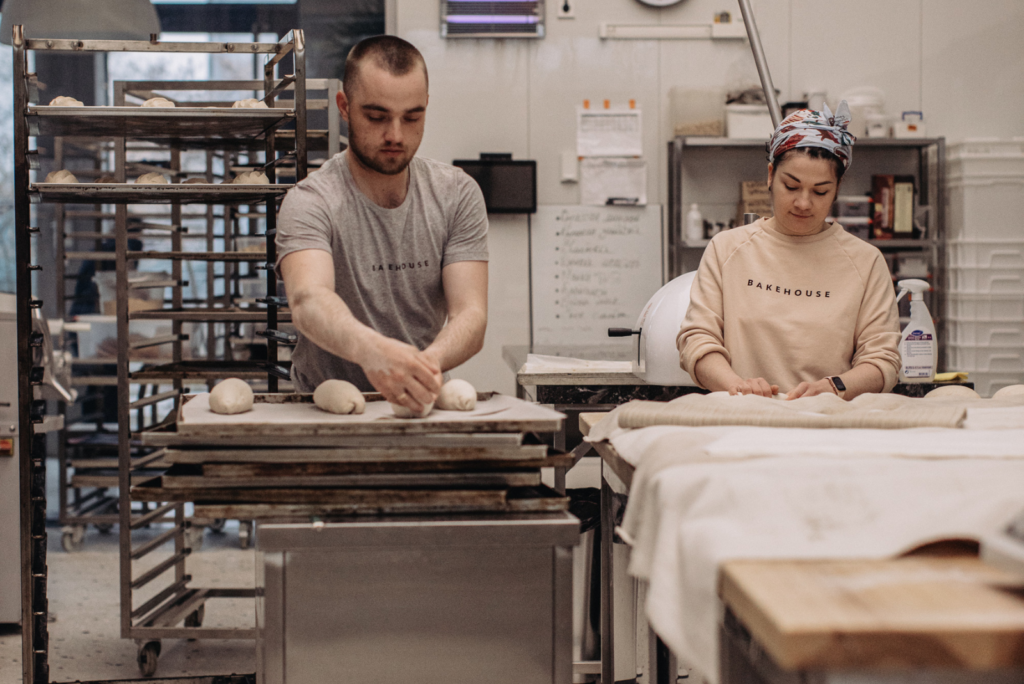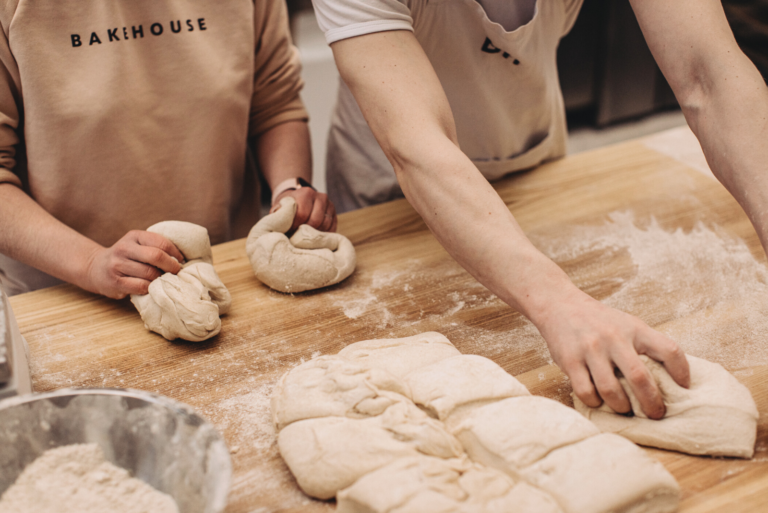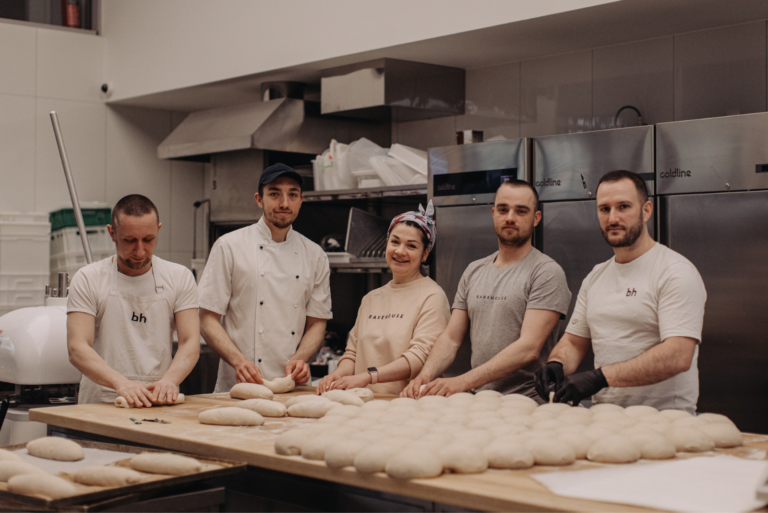KANSAS CITY, MO — In Kyiv, Ukraine, Bakehouse has been bravely baking bread for customers, consumers and volunteers supporting the war effort. But the bakery also suffered a massive blow in March when its warehouse burned, suffering 15 million Euros in damage after being hit by shelling from Russian tanks.
The warehouse was a shared space for all the brands owned by parent company Wine Bureau, which also owns the Good Wine retailer where Bakehouse sells much of its products.
When Russian troops invaded Ukraine in late February, the Wine Bureau board of directors immediately put a plan into action for paying its employees in advance, providing them with resources to make decisions regarding their housing and safety.









